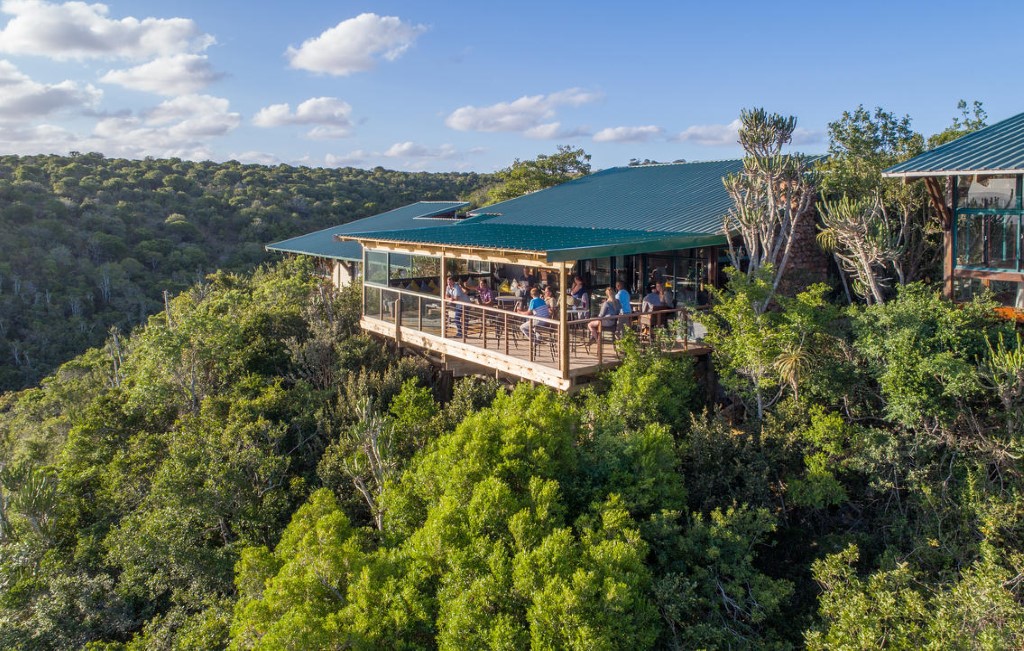RESPONSIBLE TOURISM IN SOUTHERN AFRICA PART 3: PROTECTING THE ENVIRONMENT
Southern Africa consists of unique and beautiful scenery, with landscapes ranging from deserts to fynbos to savannas and rain forests. Responsible Tourism aims to minimize tourism’s negative impacts on the environment and maximize the positive contributions tourism can make to wildlife, the environment and local communities. Southern Africa is currently facing environmental challenges that visitors should be aware of and take into account while exploring this fascinating part of the world. This post presents guidelines for how tourists can help contribute to a healthy environment when visiting Southern Africa.
1. SAVE WATER
All areas in Southern Africa are struggling with droughts and limited supply of fresh water, especially Namibia, Tanzania, Zimbabwe, Mozambique, Zambia and parts of South Africa. Fresh water is a very precious resource, and therefore it is important that visitors help the local population save water by reducing water consumption and being conscious of water usage.
Here are some tips to save water:
- don’t bath or take long showers,
- don’t leave the tap running while shaving or brushing your teeth,
- only run the dishwasher and washing machine when it is full,
- don’t flush the toilet unless it is necessary
- let the hotel/guesthouse/apartment owner know straight away if you detect a leak.
2. BE POWER CONSCIOUS
Electricity is also a precious resource in Southern Africa. South Africa and Zimbabwe in particular are having electricity problems, so you might experience temporary electricity cuts during your stay (called load shedding). Tourists must therefore be conscious of their electricity consumption.
Easy things you can do to save power:
- turn the lights off when leaving the room,
- only have the air conditioner on when needed (never leave your room with it running),
- unplug unused electronics,
- use natural light,
- take short showers,
- only run full washing machine and dishwasher loads,
- hang dry your laundry.
3. BUY & EAT LOCAL
One of the best ways to contribute to the communities you visit is to buy local products and foods. By buying and eating local, you don’t only support local communities and local businesses, but you also reduce your ecological footprint. Food picked fresh and in season doesn’t have to travel far before being sold, and it also tastes much better! Southern Africa is known for its delicious food and arguably has the best coffee and wine in the world. Besides, you didn’t travel all the way to Africa to eat Spanish grapes, did you?
4. STAY ON MARKED TRACKS
In order to protect the environment tourists are encouraged to stay on marked paths when visiting natural areas such as mountains, waterfalls and other landmarks. This is to avoid environmental degradation and disturbance of wildlife.
5. AVOID SINGLE-USE PLASTIC
We all know that the world needs to cut down on single-use plastic. Plastic takes a long time to break down, and often ends up in the stomachs of birds and marine animals. Many places in Southern Africa struggle with getting rid of plastic waste and have limited recycling capacities. So tourists are strongly encouraged to be plastic-wise and try to avoid the use of one-time plastic altogether.
How to reduce one-time plastics as a tourist:
- always bring your own refillable water bottle,
- say no to plastic straws,
- bring your own reusable shopping bags,
- use a container rather than sandwich bags for food,
- bring your own containers for take-out food and leftovers,
- carry a travel mug for on-the-go coffee,
- choose to dine at sit down restaurants to eat with real plates and silverware,
- always say no to extra wrapping papers, napkins, and plastic containers.
6. REDUCE WASTE
As mentioned above, waste management is a challenge in many places in Southern Africa. The responsible traveller should therefore try to reduce waste as much as possible. Be conscious of your consumption and make sure your waste gets recycled. When you are out and about be sure to take back everything you brought, so that you can leave places unlittered and undisturbed.
If you have food or clothing you want to get rid of, please don’t throw it away. There is always someone to give it to.
7. AVOID MAKING FIRES IN DRY AREAS
Dry landscapes and areas affected by droughts easily catch on fire. Please avoid fire in risky areas, such as having barbeques, tossing cigarettes or making bonfires.
This post is part of a 3 part series for travellers to Southern Africa that wish to explore what these beautiful and exciting countries have to offer in a way that positively impacts communities, is more eco-friendly, and respectful towards wildlife. Part 1 is about Wildlife (read here) , and Part 2 is about People and Communities (read here).
Written by: Kristin Hagan (PhD scholar in Environmental Ethics), working as a consultant for African Sensations.
Comments are closed.





